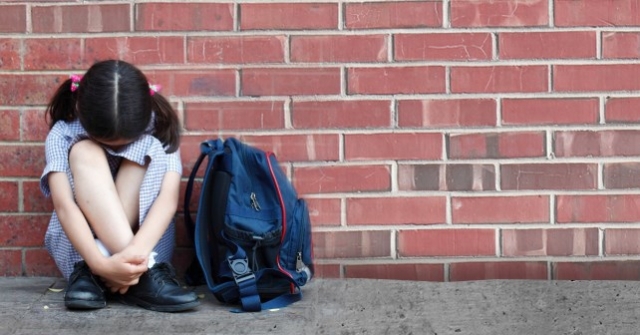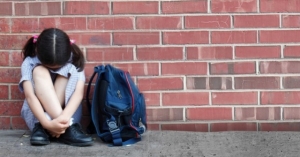Survey Shows Human Rights Education Is Low at Georgian Schools
A survey of the Human Rights Academy of the Public Defender - “Human Rights Education and Educational Environment in the General Education Space" has revealed that the human rights education in schools is very low in Georgia.
The survey, funded by the Danish Institute for Human Rights (DIHR), reviews challenges and problems in the field of human rights education – curricula, regulatory framework for general education, school climate and the practices of management/administration.
Public Defender Nino Lomjaria says improving human rights education at the general education level, as well as the educational environment, is necessary.
She underlined that, in spite of the steps taken for strengthening civic education in the last few years, human rights have a modest share in the curricula and are mainly reflected in the subjects of social studies.
The Ombudsman named two main factors that cause low awareness of students about human rights:
- Less focus on human rights issues in teachers' educational programs in higher education institutions;
- Less opportunities for professional development in this direction at the later stage
“Little time is devoted to human rights education in general education institutions and the in-depth interviews clearly showed that the knowledge of students in this area is superficial,” Lomjaria stated at the presentation of the survey on Monday.
The Public Defender expressed full readiness for cooperating with all institutions, state agencies and NGOs involved in the field of education in order to solve the complex problems of education of young people through joint efforts.
The Human Rights Academy of the Public Defender conducted a quantitative and qualitative survey in 64 public and private schools throughout Georgia to implement educational activities in the sphere of human rights and freedoms, and support human rights education at the level of general education. Interviews were conducted with three target groups: 7-12th graders, teachers of the subjects, the curriculum which include human rights aspects, and representatives of school administration (a total of 1480 interviews).
By Thea Morrison
Photo: mentoria.com.bo












